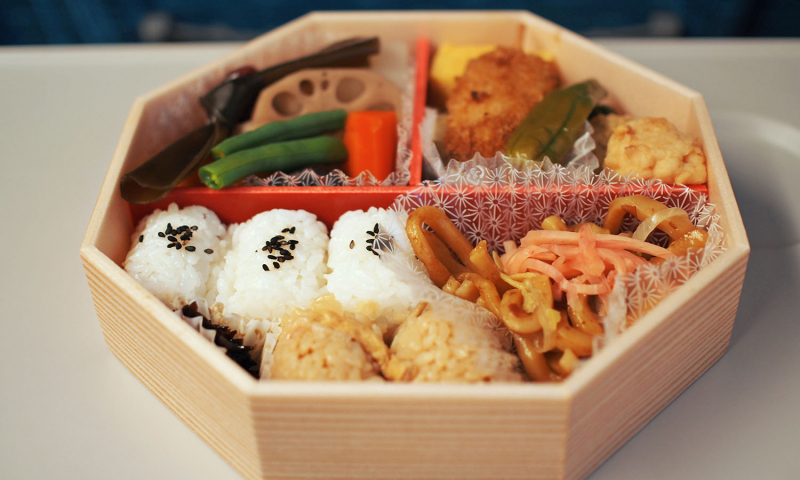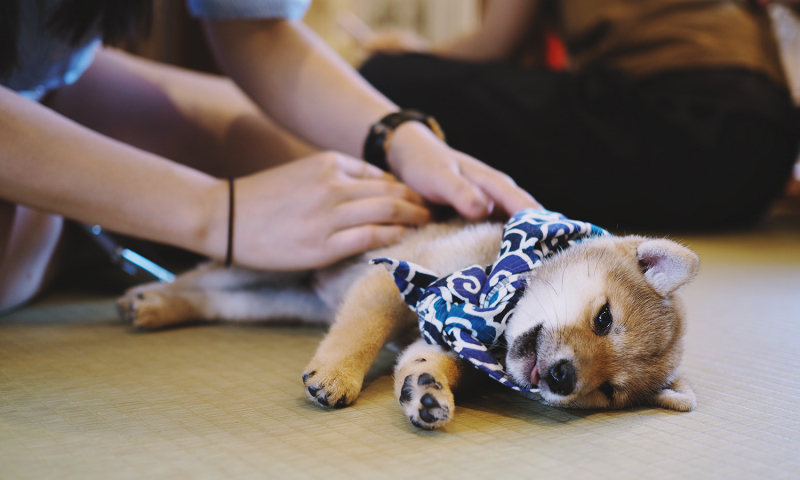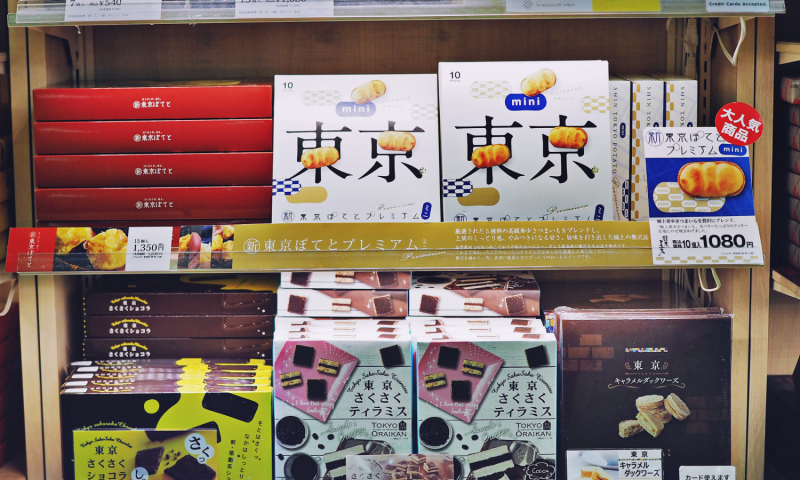
Omiyage: Japan’s Souvenir Culture


Sponsored Links
Many superstitions in Japan today, exist in other parts of the world. For example, you may have heard of these superstitions: you sneeze when someone is talking about you, it’s bad luck to break a mirror, or it’s good luck to find a four-leaf clover. But there are also many superstitions that are unique to Japan. Most of the superstitions cannot be traced back to see how they were made, but there are several theories to how they all came about.
Teru Teru bouzu (てるてる坊主)
If you’ve ever been to Japan, you may have seen little tissue balls hanging outside of homes. The tradition of hanging the teru teru bouzu is said to have started sometime in the Edo period, and be influenced by a similar doll from China. These teru teru bouzu are supposed to be good luck charms to keep it from raining the next day. When you want it to stop raining, you make one of these and hang it on the window. Traditionally, you are supposed to hang the teru teru bouzu without drawing a face, and if it doesn’t rain the next day, you draw the face and then let the doll be washed away in a river. If the good luck charm doesn’t work and it rains the next day, you wash it away in a river without drawing a face. But they’re adorable with the faces, so many people in Japan today don’t follow these rules and hang them up with faces drawn on them.
If you try making one, make sure you have the teru teru bouzu head facing up, because if it faces down, it has the opposite effect and is said to bring rain the next day!
It’s good luck for your tea leaf to stand vertically (Chabashira ga tatsu to engi ga ii: 茶柱が立つと縁起がいい)
It is said to be good luck if a tea leaf stands vertically when you pour tea into a cup. People don’t know exactly why, but perhaps because it’s rare, just like finding a four leaf clover, it is considered to be good luck. Today, tea is often sold in bottles without tea leaves, so this phrase is not heard of as much.
Don’t face north while sleeping(kitamuki ni nete wa ikenai:北向きに寝てはいけない)
It is considered bad luck in Japan to have your head pointing north while sleeping since when people pass away in Japan, their bodies are placed with their head facing north. There are superstitions for other directions as well. Facing East helps to preserve youth and brings good luck to the workplace since it’s facing towards the sun. Facing West is said to help one stay calm and relaxed throughout the day. Facing South, on the other hand, is said to lead to a bad night’s sleep.
If you cut your nails in night, you won’t be able to see your parents at their deathbed (yoru ni tsume wo kiru to oya no shi ni me ni aenai:夜に爪を切ると親の死に目に会えない)
Most people in Japan today would cut their nails during any time of the day, but this saying still continues and is still believed by some. This phrase can also be seen used in countries like Korea. As for how the superstition came about, most assume that it was for safety reasons. When people cut their nails some time ago, they didn’t have the small nail clippers we have today, and instead used swords. Also, there weren’t the switch lights that we have today. Therefore, it is said that the phrase originates from people warning others not to cut their nails at night because they might cut themselves instead.
Don’t write someone’s name in red ink (Akai pen de hito no namae wa kakanai:赤いペンで人の名前は書かない)
There are many theories to why it’s said to be bad luck to write someone’s name in red ink. One reason is because the color red makes one imagine of war and blood. Also in Japan, if you build your grave before you pass away your name is engraved in red. Once you pass away, the engraftment is made black. Therefore another reason that red ink is considered bad luck is because it reminds people of death. Other reasons include that in some areas criminals’ names are written in red, and in Japanese “becoming red numbers”, or 赤字になる (akaji ni naru), links the color red with business failure. Business success is instead called “becoming black numbers”, or 黒字になる (kuroji ni naru).
There are more superstitions including “You’ll die if you hiccup one hundred times”. Usually, hiccuping that much is a sign of a greater illness, and without the medical knowledge that we have today, people then assumed hiccuping was a sign of nearing death. Although many of the superstitions have gone out of style, there are still many people who swear by them, especially in the older generation. Writing names in red pen is still considered rude and disrespectful, although many don’t know why red ink came to be something bad. So if you visit Japan, it’d be a good idea to keep these in mind just in case. And you can try making a teru teru bouzu to keep the rain away during your travels!
Sponsored Links
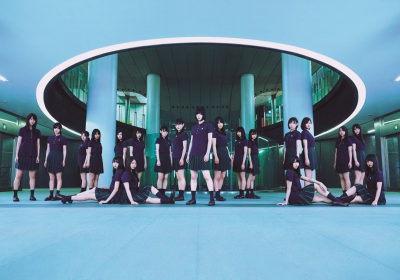
Keyakizaka46 and Hiragana Keyaki to Appear at Tokyo Idol Festival 2017!
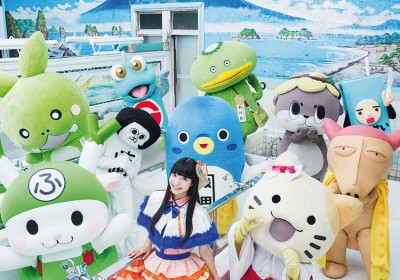
Yurukyara Boom: Cute and Wierd Mascot Characters Taking Over Japan


